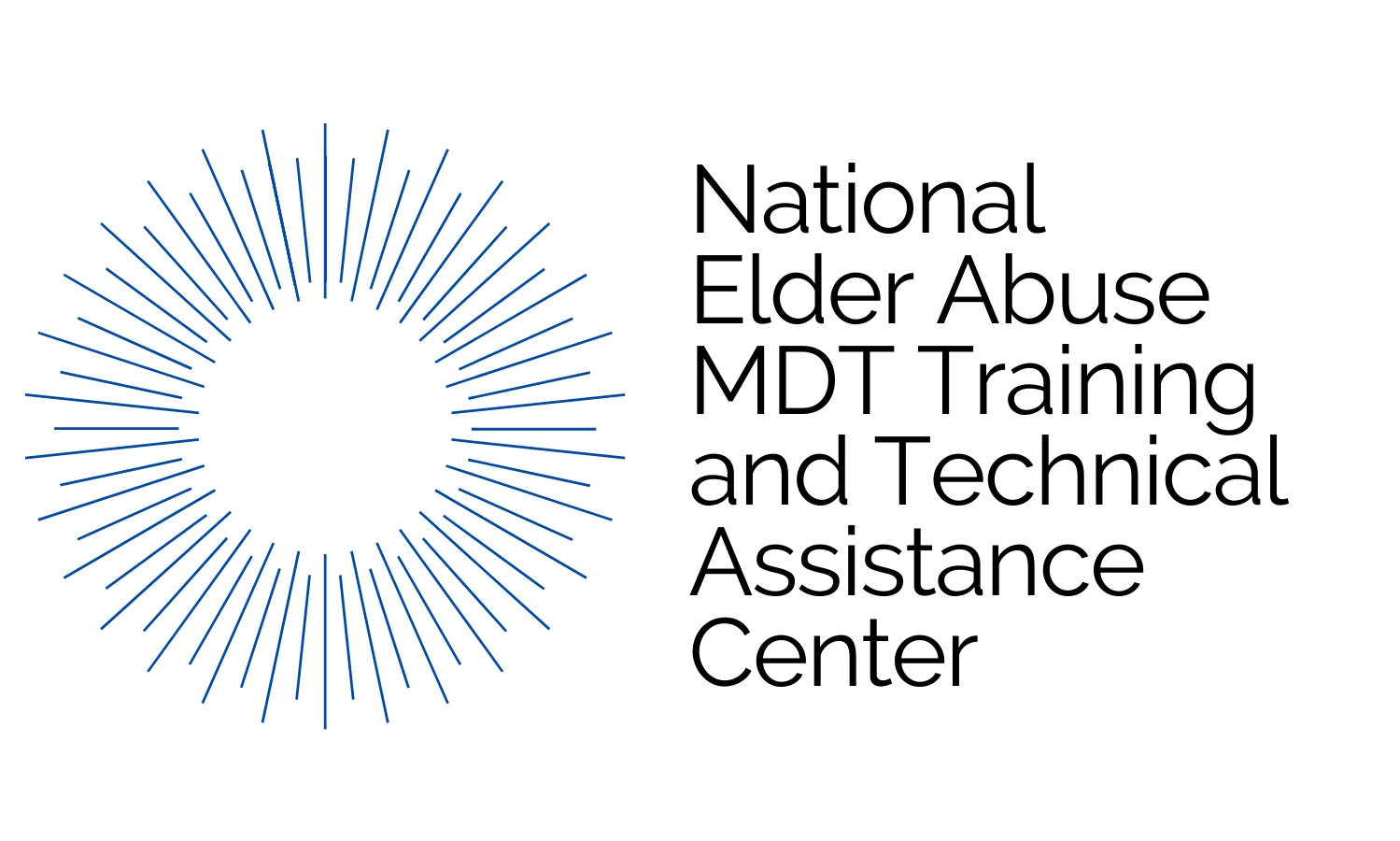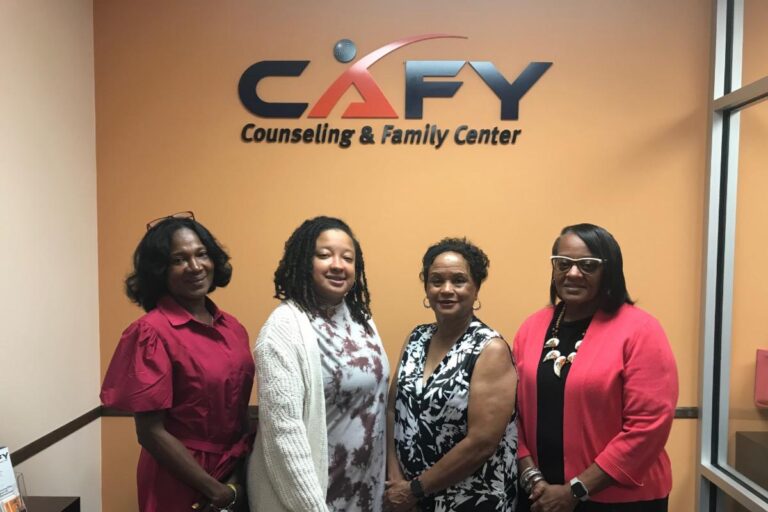
Ann Laatsch is the Justice System Coordinator for the National Clearinghouse on Abuse in Later Life (NCALL), a project of End Domestic Abuse Wisconsin (End Abuse). Laatsch is responsible for nationwide leadership within the criminal justice system on enhancing safety and the quality of life of older victims and survivors of abuse. In this role, she also provides training and technical assistance on justice system issues and creates training materials and curricula on justice system responses to abuse in later life. In her past work, she has provided legal representation to survivors of domestic and elder abuse, and people with disabilities. Laatsch has developed and presented trainings on a range of topics including domestic violence, housing law, public benefits, elder rights, and disability issues. Laatsch is a graduate of Carroll University. She received her law degree from the University of Wisconsin Law School in 2005. She lives and works in Milwaukee, Wisconsin.
Substitute decision-makers, including those designated through the power of attorney documents and guardianship arrangements, can wield significant influence over the lives and well-being of older adults. While these arrangements can serve as valuable tools for family members and caregivers of older adults, they can also be used to abuse or exploit vulnerable victims. As E-MDT coordinators, understanding the nuances of the substitute decision-maker’s role is essential for effectively evaluating and intervening in cases of elder abuse. E-MDT members may have concerns about how to proceed when an older adult is under guardianship, when guardianship is in place but is not necessary, or when the guardian is also causing harm to the older adult.
Helpful Resources
As preparation, participants may consider learning more about less restrictive alternatives to guardianship, ensuring accountability in guardianship systems and practices, and how guardianship may not necessarily be the best means to protect an older adult from financial exploitation.





